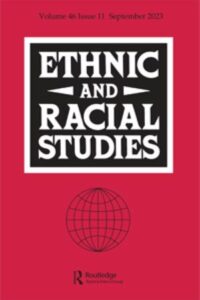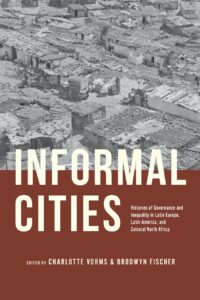Since the beginning of European settlement, New York’s role as a centre of capitalist accumulation has been tied to international migration. Immigration has accounted for much of its population growth and the local culture is, by US standards, unusually cosmopolitan. Institutions, traditions and political accommodations created by earlier waves of migrants have shaped the life chances of later newcomers. At the same time, New York has long been home to vast economic and racial inequalities and ethnic succession, sometimes amicable, often not, has been a defining feature of the local culture. Yet, in contrast to much of the contemporary United States, the widely held belief that immigration and the resulting ethnic diversity are not only tolerable, but often economically and socially beneficial, continues to shape the reception of newcomers in New York.




